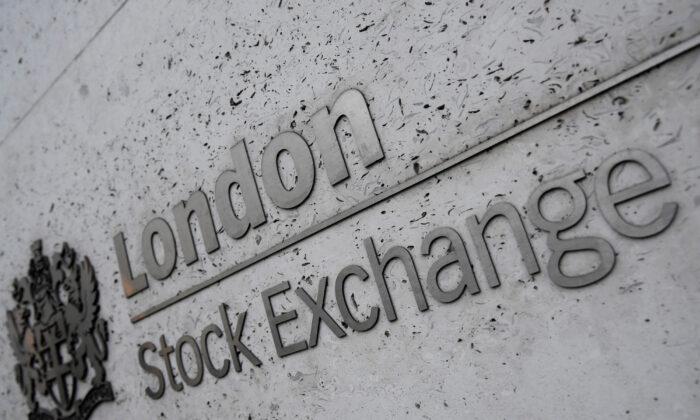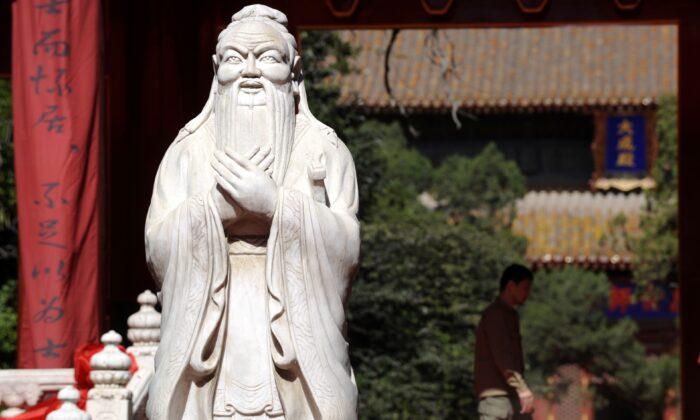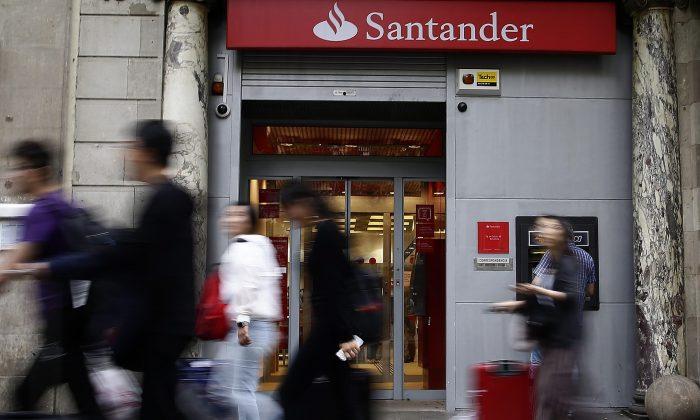While the UK public was focused on Huawei’s involvement in the country’s 5G project, the Chinese regime quietly raised close to $2 billion on the London Stock Exchange last month, through a special listing programme between London and Shanghai.
More listings are expected to take place in the coming months.
On June 17, the China Pacific Insurance (Group) Co. Ltd (CPIC) listed 514 million of its A-shares—shares traded in China—on the London Stock Exchange (LSE) in the form of global depository receipts (GDRs) through a scheme called Shanghai-London Stock Connect, raising $1.8 billion at a time when UK-China relations seem to be reaching a low point.
Like many other large companies in China, a significant portion of CPIC is held by various state-owned enterprises that are ultimately owned by the central or local governments of the Chinese regime. At the time of writing, over 45 percent of CPIC is ultimately owned by the Chinese State Council and the government of Shanghai.
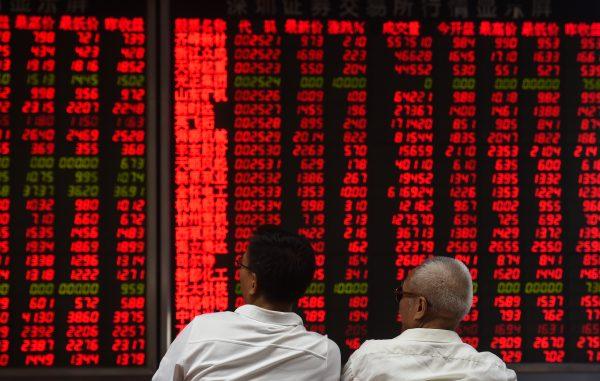
More state-backed Chinese companies are getting ready to be listed in the UK. On June 11, the board of China Yangtze Power Co. Ltd gave its approval for the London GDR listing. Over 63 percent of the company is ultimately owned by the Chinese central government, with much of the remaining stake split between several local governments of Guizhou, Yunnan, and Shanghai.
Fast Access for China to Foreign Capital
Compared to floating original shares, the Connect scheme of GDR listing allows Chinese companies much easier access to international funding.Under the scheme, eligible companies listed on one exchange are able to deposit their original shares with a local custodian bank, and list the “receipts” issued by the custodian on the other exchange. Those receipts can be traded as normal shares. With GDR listing, the Chinese companies skip some of the tough requirements under listing rules for equity shares, such as three-year revenue tracking.
It was the first company ever to issue GDRs using Chinese accounting standards, as opposed to the EU International Financial Reporting Standards (IFRS) or other Generally Accepted Accounting Principles (GAAPs) typically required. It was also the first non-European company to have a minimum public shareholding waiver on the GDR. Both exceptions would make possible the listing of businesses tightly controlled by the Chinese regime.
A ‘Golden Era’ Legacy
Much of the Shanghai-London Stock Connect scheme was constructed under former Prime Minister David Cameron’s leadership, although it was completed several months after his resignation over the Brexit referendum result in 2016. The scheme was hailed as a “groundbreaking initiative” and an important part of the long-term strategic financial partnership between the two countries by then-Chancellor Philip Hammond.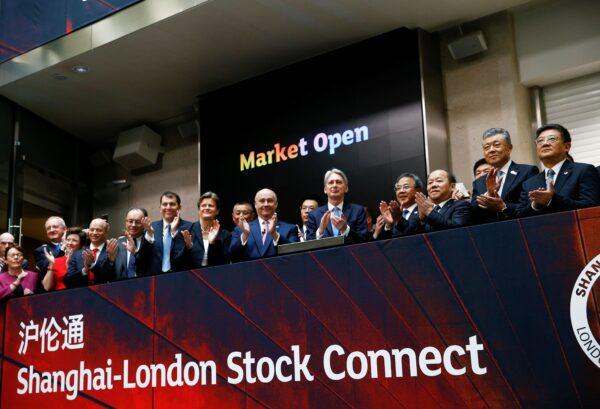
It was estimated that more than 260 of the 1,500 companies listed in Shanghai were potentially eligible for listing in London under the scheme.
Lessons From the United States
The lackluster effort of the Connect scheme to ensure that Chinese companies adhere to the right standards stands in contrast to what is developing in the United States today, the leading operator in the financial market.With China’s increasingly aggressive action to dominate the world, national interest has become another point of consideration for U.S. authorities when it comes to China investment.
In June, Sens. John Kennedy (R-La.) and Chris Van Hollen (D-Md.) introduced the Holding Foreign Companies Accountable Act to protect investors from foreign companies that have been operating on U.S. stock exchanges while avoiding oversight from the Securities and Exchange Commission (SEC).
“Now is the time for both chambers of Congress to ensure that firms beholden to Communist China finally let U.S. regulators examine their books—to stop them from swindling American investors.”
